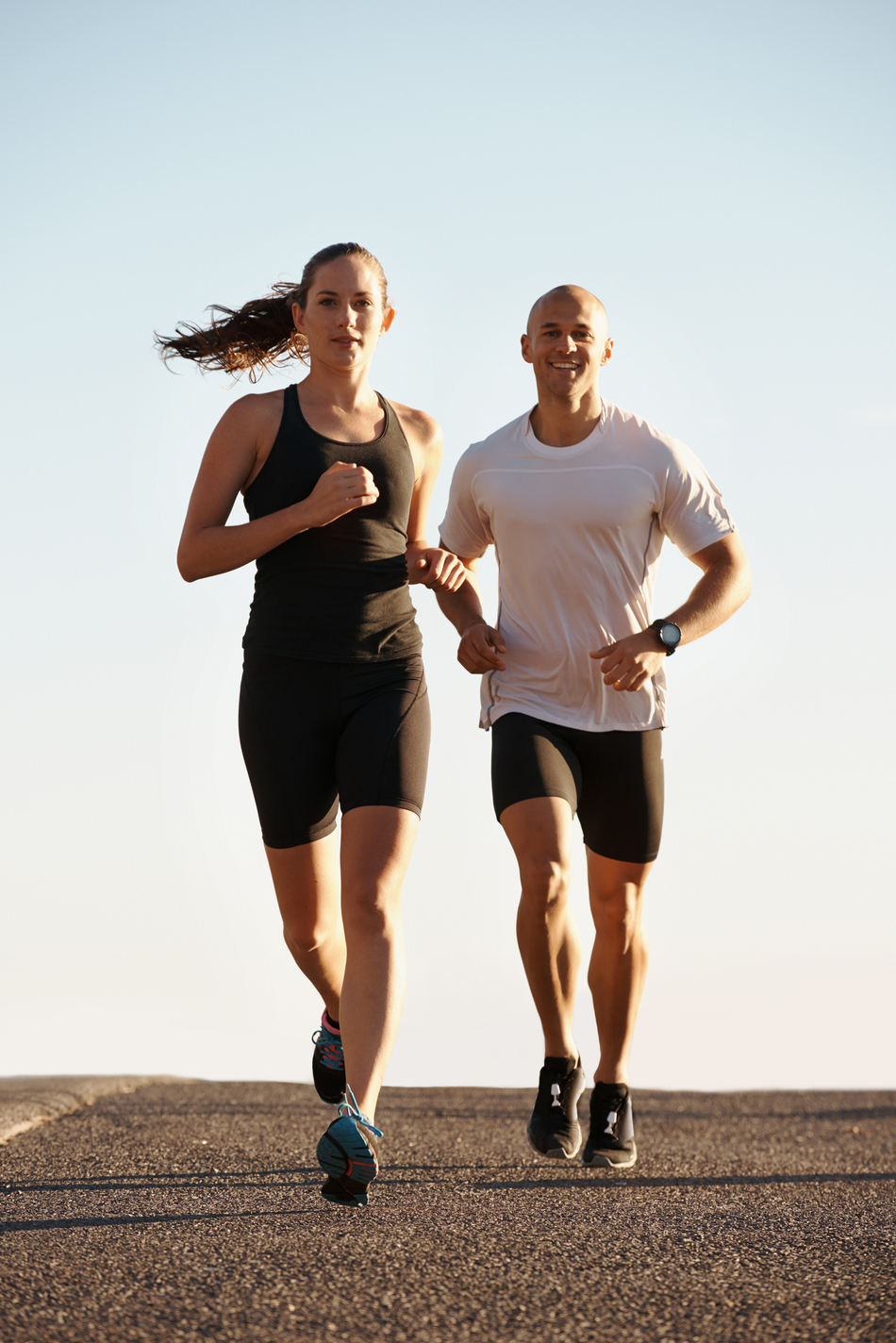I started mine last week with a 69 pound pack (pack plus sandbag).
I will do some heavy rucks at 120+ pounds by June. Right now I'm working on stamina at speed (shooting for 4 to 4.5 mph pace).
I also do squats (Starting Strength style), lunges, split bench squats, Etc with the ruck.
As a side note.
Rucking is easier on joints than running (unless you use a running stride, which you should not do). Many overtraining joint problems are due to improper form. Weak lateral gluteal muscles letting the knee cross midline (very hard on a hinge joint as it puts lateral stress on it) or over striding, which loads the knee poorly. Keep you strides short and speed up by increasing cadence rather than lengthening stride. Biomechanical systems respond to stress by getting stronger (unless overloaded) and as long as we give a progression in our training that allows that process to take place (unfortunately this is on the scale of years for cartilage and tendons and muscle/bone strength will out pace this) we do not use up our joints like a purely mechanical system gets used up. Based in current data, runners are probably less likely to need hip and knee replacement than none runners.

 healthcare.utah.edu
healthcare.utah.edu
 www.danalbrightmd.com
www.danalbrightmd.com
I will do some heavy rucks at 120+ pounds by June. Right now I'm working on stamina at speed (shooting for 4 to 4.5 mph pace).
I also do squats (Starting Strength style), lunges, split bench squats, Etc with the ruck.
As a side note.
Rucking is easier on joints than running (unless you use a running stride, which you should not do). Many overtraining joint problems are due to improper form. Weak lateral gluteal muscles letting the knee cross midline (very hard on a hinge joint as it puts lateral stress on it) or over striding, which loads the knee poorly. Keep you strides short and speed up by increasing cadence rather than lengthening stride. Biomechanical systems respond to stress by getting stronger (unless overloaded) and as long as we give a progression in our training that allows that process to take place (unfortunately this is on the scale of years for cartilage and tendons and muscle/bone strength will out pace this) we do not use up our joints like a purely mechanical system gets used up. Based in current data, runners are probably less likely to need hip and knee replacement than none runners.



